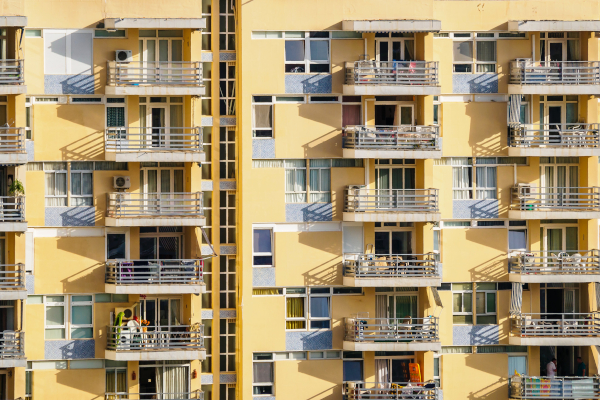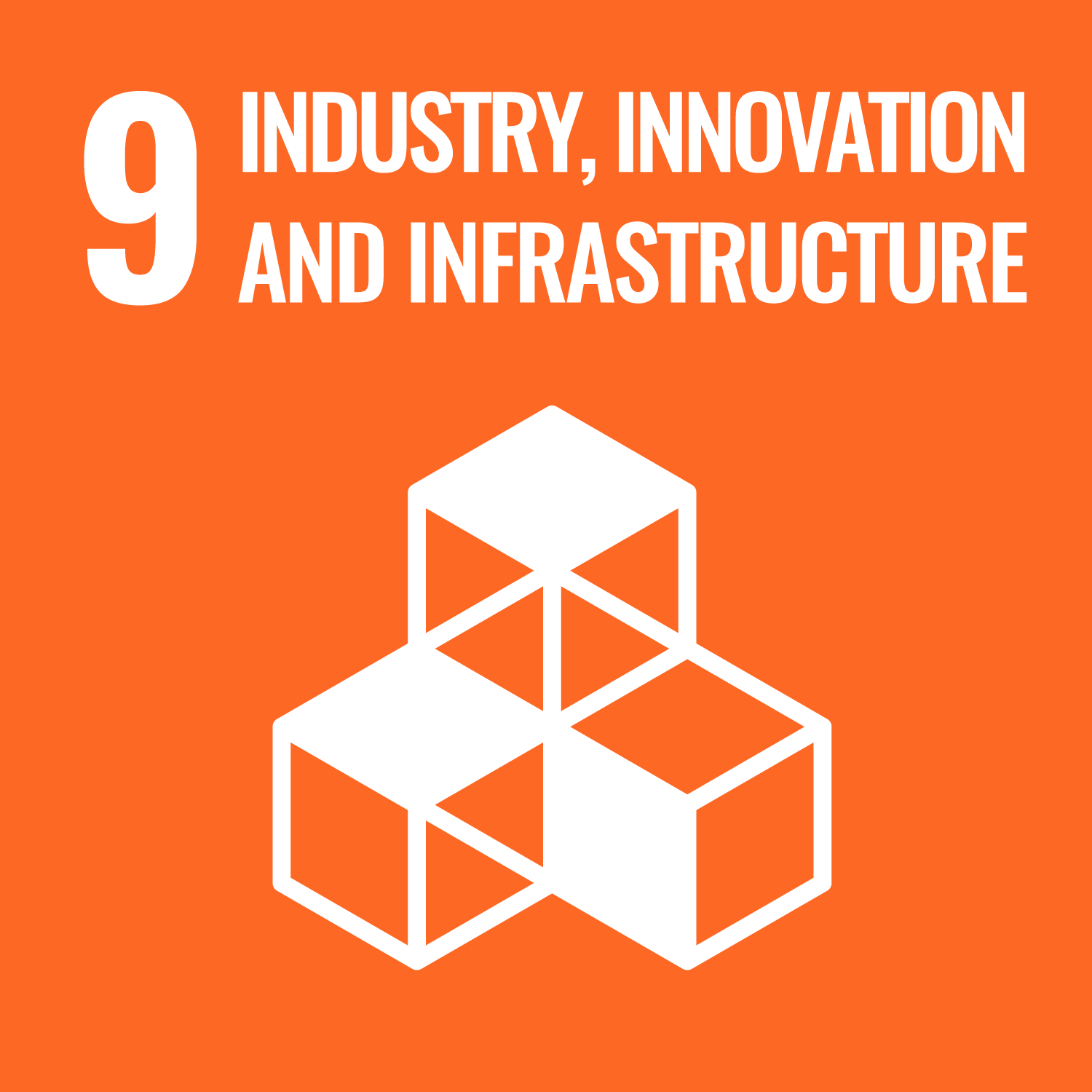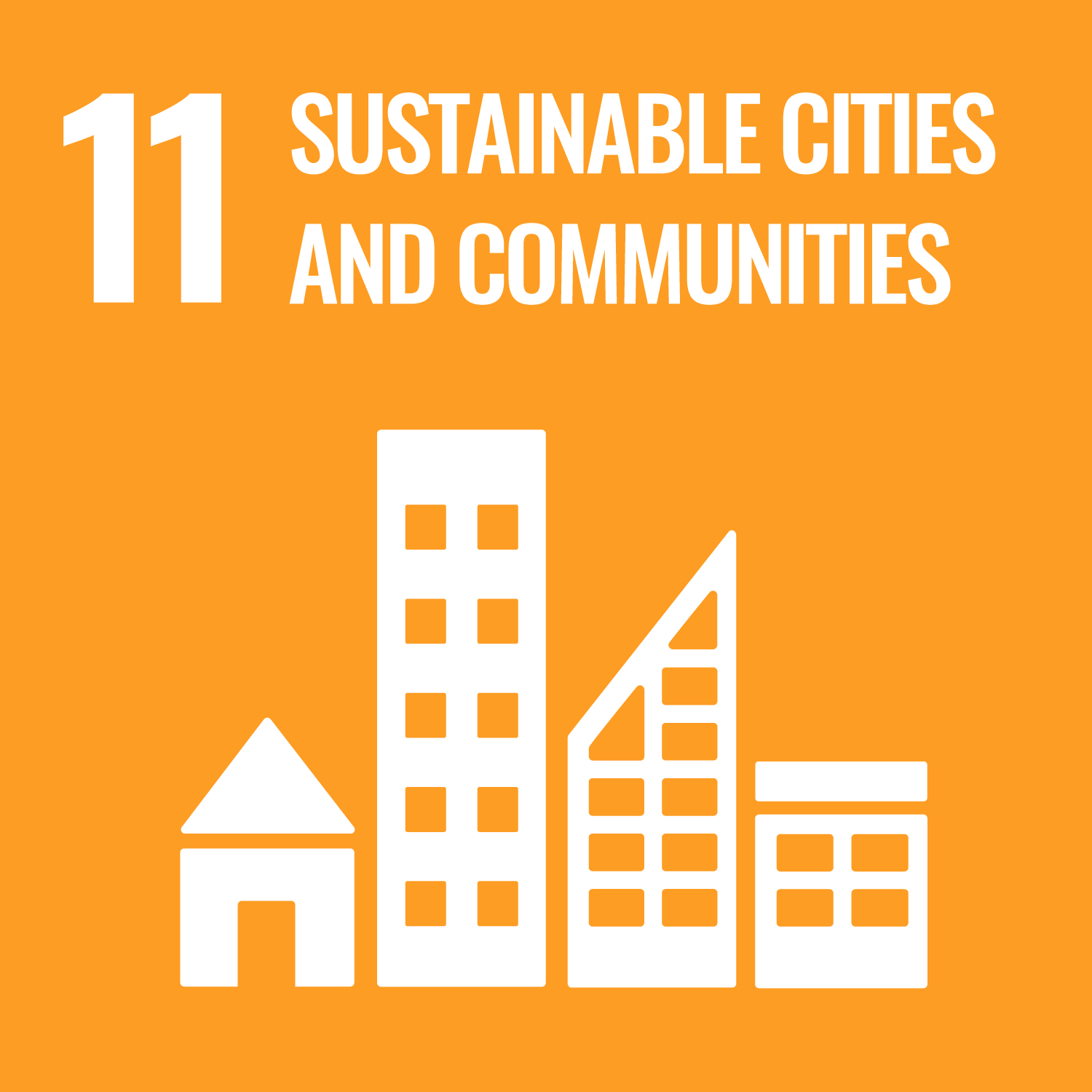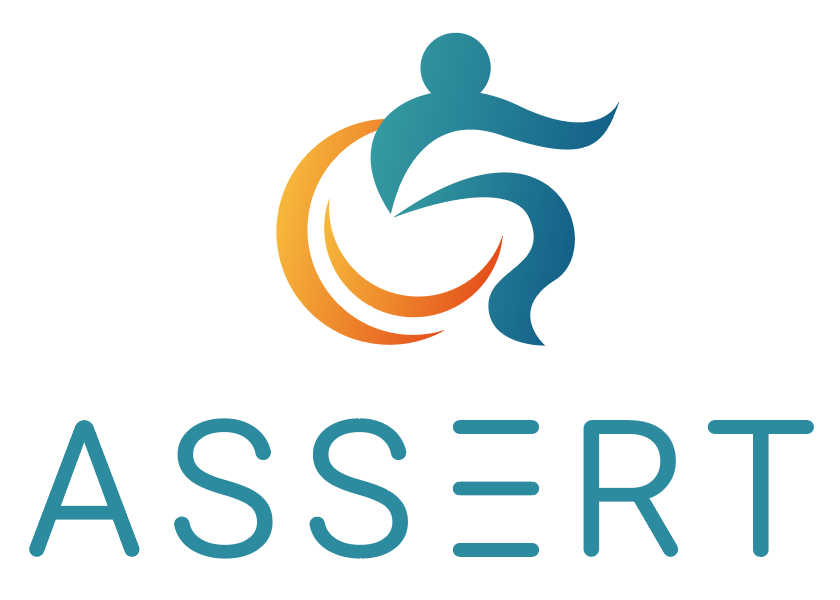Thanks to the actions carried out by the project, it was possible to improve the quality of life of these vulnerable groups (low incomes, gender violence, single-parent families) by reducing their energy bill at the same time as their comfort conditions are improved.
The project also conducted energy rehabilitation in private social housing neighborhoods of 5 municipalities in Navarra. The dwellings rehabilitated corresponded to social housing buildings built more than 30 years ago that were acquired by people with low incomes. In this case, from the Nasuvinsa public company, together with the municipalities involved, a group was formed and developed a management methodology by the municipality to carry out the investment projects and their subsequent execution. To this end, the global intervention plans were developed to define a single design for a rehabilitation project for all the buildings in a neighborhood. Homeowners benefited from different aid and tax incentives existing in Navarra for home renovations.
With a budget of over 1 million € focused on helping vulnerable groups and developed the following activities:
A participation plan was developed with the main objective of involving the tenants in the project, so that they knew the benefits inherent to the renovations. In this way, they would be able to make better use of their dwellings from an energy point of view. This plan was considered the individual's point of view, but also the community level.
A "Study of energy habits and behavior of NASUVINSA users and their relationship with passive-NZEB (buildings with almost zero-passive consumption)" was carried out, thanks to the surveys carried out with various users of the dwellings owned by NASUVINSA.
For each of the affected municipalities, a management working group was created with which the group methodology was developed. To this end, a collaboration agreement was made between the municipalities and the housing rehabilitation office-NASUVINSA and a one-stop-shop were set. First, informative meetings were held, through which agreements were reached to carry out energy efficiency works in different communities of owners (social dwellings). Thanks to the one-stop-shop, numerous follow-up commissions were carried out.
Global intervention projects were developed in order to improve the aggregation of investments in energy efficiency by establishing unified conditions and requirements at the neighborhood level. For this, the project worked hand in hand with the different communities of owners. The result was a more efficient and coordinated rehabilitation of the buildings.
In addition, social cohesion benefits were achieved within the neighborhood. In order to obtain an economy of scale, portals were grouped to request offers from construction companies, through a private tender, since the summons were the neighbors themselves. In this case, Nasuvinsa acted as an advisor, evaluating each of the offers received, and resolving any doubts that may arise for the neighbors. After the award of the works, they did not start until the corresponding building licenses and provisional aid qualifications were obtained. Throughout this process, the management team supported the communities of owners.
The project was a good exampled of enabling active citizens to participate in climate change mitigation actions, thanks to the energy renovations that were carried out in their buildings. The general citizen was interested in knowing the energy improvement measures that could be developed in their buildings. For this reason, it was important to provide them with truthful information, where the economic, social and environmental benefits of an energy rehabilitation were explained.
Some concrete key performance indicators (KPIs) of the project include:
Energy savings: 38.18 GWh/year.
Emissions avoided: 7,303 T CO2e/year.
Renewable production: 3.00 GWh/year.
Employment created: 158
Investmentments: 21.6 Million €
Main beneficiaries: low income consumers and national/local authorities.
-

-
 Countries impacted:
Countries impacted:
Spain -
 Geographical scale:
Geographical scale:
Regional and Local -
 Energy poverty phase:
Energy poverty phase:
DiagnosisPlanning -
 Intervention type:
Intervention type:
Household energy efficiency and refurbishmentCapacity building and trainingRenewable Energy Integration -
 Professionals involved:
Professionals involved:
Member of a local/national authorityEngineerTechnician -

-
 Type of funding:
Type of funding:
European funds from the H2020 programme of the European Union -
 Website:
Website:
Case website -
SDGs addressed:



Explore more



